

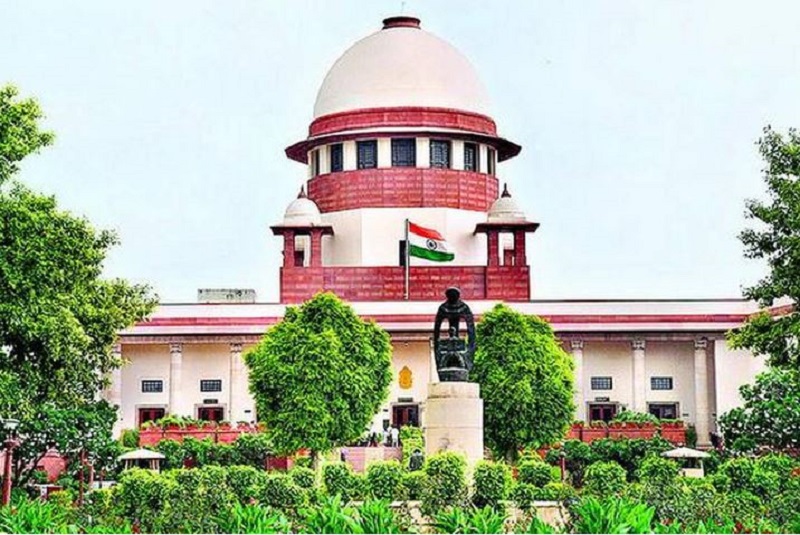
The Supreme Court has put a hold on the National Commission for Protection of Child Rights' directive to discontinue funding for Madrasa Boards, following a plea filed by Jamiat Ulema-i-Hind. The plea argued that the NCPCR's action was discriminatory and unconstitutional, and violated several fundamental rights. The Commission, which is responsible for protecting children's rights across India, had recommended that non-Muslim children enrolled in madrasas be moved to mainstream schools under the RTE Act of 2009.
NCPCR's Directive on Madrasa Boards: A Controversial Move
The National Commission for Protection of Child Rights (NCPCR) recently issued a directive to discontinue funding for Madrasa Boards. The directive sparked controversy, leading to a plea filed by Jamiat Ulema-i-Hind, which prompted the Supreme Court to put a hold on the decision.
Background
In India, Madrasa Boards are responsible for regulating and managing Islamic religious schools known as Madrasas. These schools typically provide education in religious subjects alongside traditional academic subjects. The NCPCR's directive was based on concerns that non-Muslim children enrolled in Madrasas were not receiving a holistic education that met the standards set by the Right to Education Act (RTE) of 2009.
NCPCR's Arguments
The NCPCR argued that the RTE Act mandates that all children between the ages of 6 and 14 receive free and compulsory education in mainstream schools. It claimed that Madrasa Boards were violating this mandate by enrolling non-Muslim children who were not receiving a comprehensive education.
Jamiat Ulema-i-Hind's Plea
Jamiat Ulema-i-Hind, a representative body of Indian Muslims, filed a plea challenging the NCPCR's directive. The plea argued that the action was discriminatory and unconstitutional, violating the fundamental rights of Muslim children to receive education in their religious institution of choice.
Supreme Court's Intervention
The Supreme Court put a hold on the NCPCR's directive until further orders could be passed. The court ruled that the plea raised important questions regarding the rights of Muslim children and the role of the NCPCR in regulating religious education.
FAQs
1. Why did the NCPCR issue the directive? The NCPCR issued the directive out of concern that non-Muslim children in Madrasas were not receiving a holistic education.
2. What is the Right to Education Act (RTE)? The RTE Act is a law that mandates free and compulsory education for all children between the ages of 6 and 14 in India.
3. What was Jamiat Ulema-i-Hind's argument against the directive? Jamiat Ulema-i-Hind argued that the directive violated Muslim children's rights to receive religious education in their preferred institutions.
4. What is the current status of the directive? The Supreme Court has put a hold on the NCPCR's directive pending further orders.
5. What are the implications of the Supreme Court's intervention? The Supreme Court's intervention suggests that the court recognizes the importance of protecting the rights of Muslim children and the role of Madrasa Boards in providing religious education.
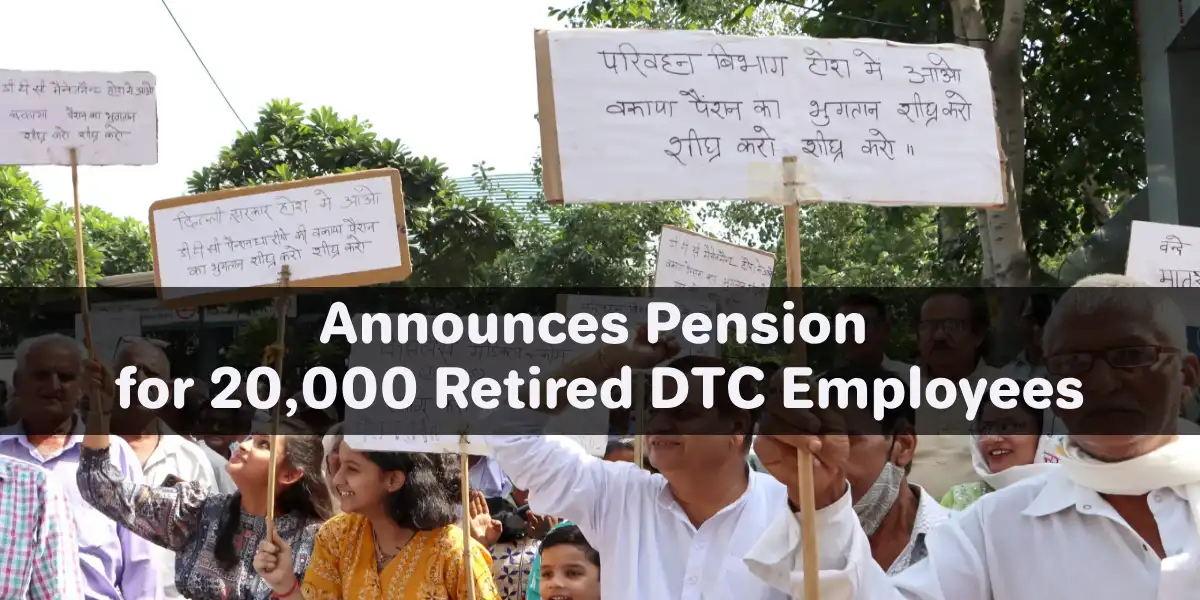
Delhi Chief Minister Arvind Kejriwal announced that the city government will be providing pension to over 80,000 new pensioners, and a total of 8,50,000 elderly citizens in the national capital. Kejriwal also highlighted the disparity in pension amounts given by the central and state governments, saying that a single engine government in Delhi provides higher pensions compared to a double engine government. He also mentioned that the pension for retired employees was stopped during his time in jail but has now been reinstated.
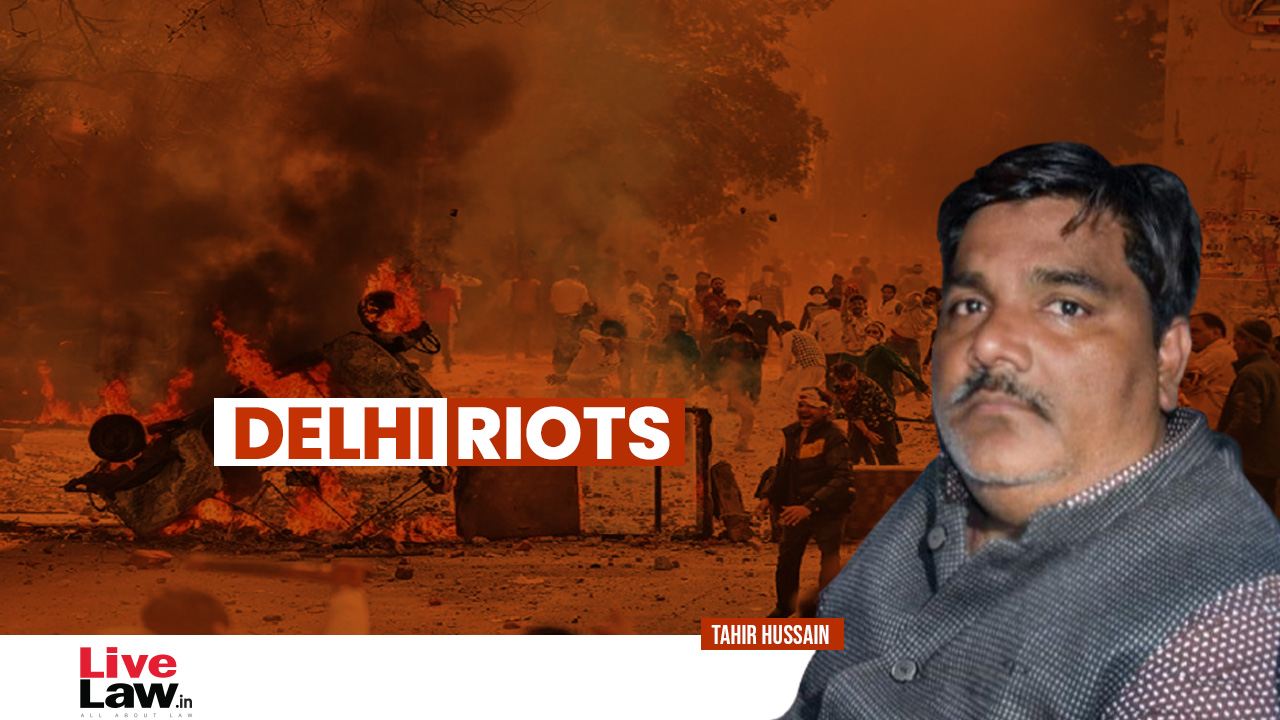
A Delhi Court issued notice to the Special Director of the Enforcement Directorate (ED) after the agency's counsel gave an "offensive" and "derogatory" response to a query. The court was hearing an application in a money laundering case filed by Karnataka Deputy Chief Minister D K Shivakumar, who was recently cleared by the Supreme Court. The judge also mentioned a previous case where the ED's counsel made a false submission and cited the high court mandate on not granting unnecessary adjournments. In a separate incident, two members of the 'Thak-Thak gang' were recently arrested by the Delhi Police.
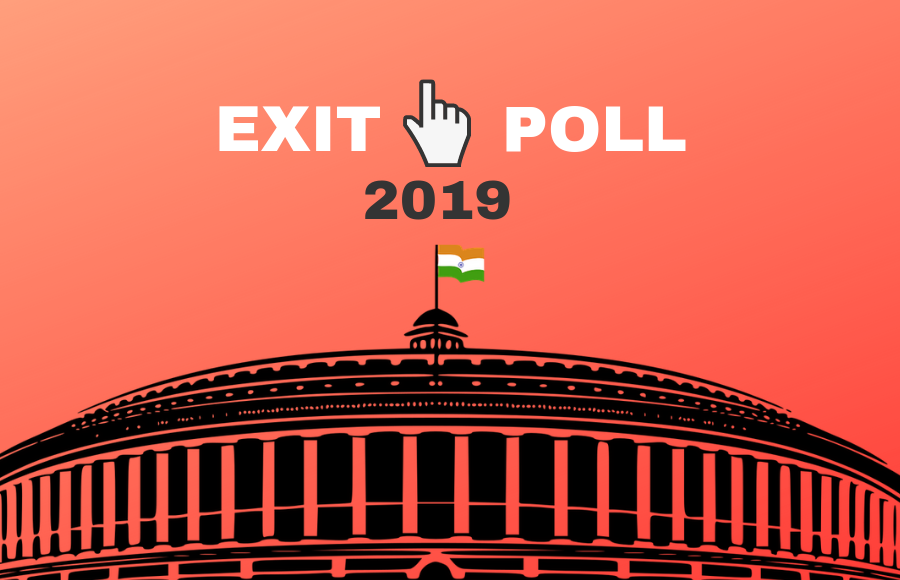
The recently concluded assembly elections in Maharashtra and Jharkhand have once again brought the accuracy of exit polls into question. These surveys, which aim to provide an idea about the voter's choice shift and expected results, have been plagued by inaccuracies in recent years. This article delves into the factors that contribute to inaccurate exit poll predictions, including sampling methods, voter honesty, and data analysis, using the 2019 Indian assembly elections as an example.
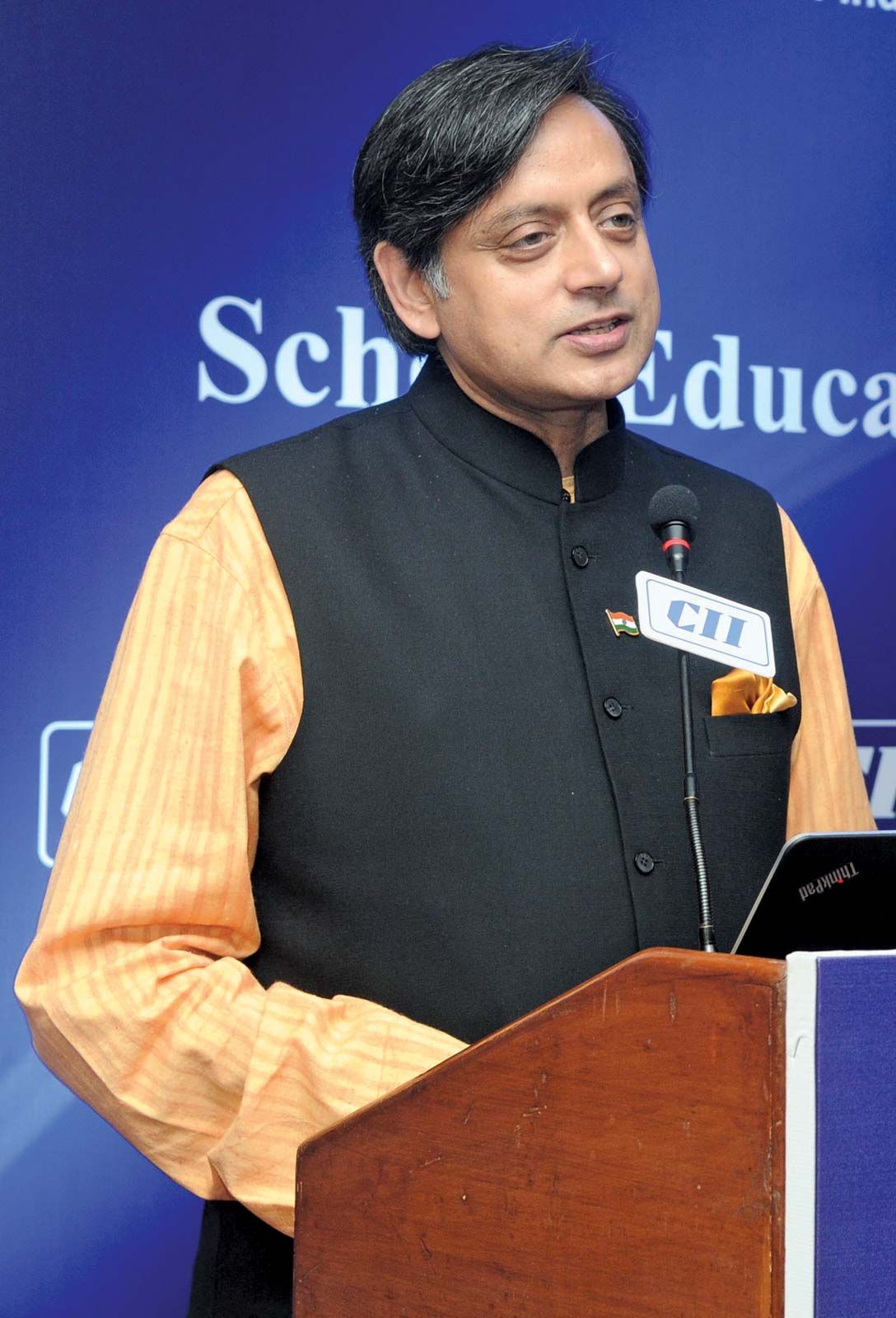
Congress leader Shashi Tharoor has slammed the central government for failing to address the alarming levels of air pollution in Delhi. Citing statistics showing Delhi as the most polluted city in the world, Tharoor expressed concern over the government's lack of action despite years of warnings. With the city's air quality reaching hazardous levels, Tharoor called for immediate measures to improve the situation.

The Supreme Court has granted four more weeks to the Centre to respond to Balwant Singh Rajoana's petition seeking commutation of his death sentence. Rajoana, a member of the militant Sikh separatist group Babbar Khalsa, was convicted in the assassination case of Punjab CM Beant Singh in 1995. The delay in deciding his mercy petition, which has been pending before the President for 1 year and 4 months, was deemed "shocking" by his lawyer. The court has adjourned the matter, with the Centre seeking more time to verify the status of the plea.
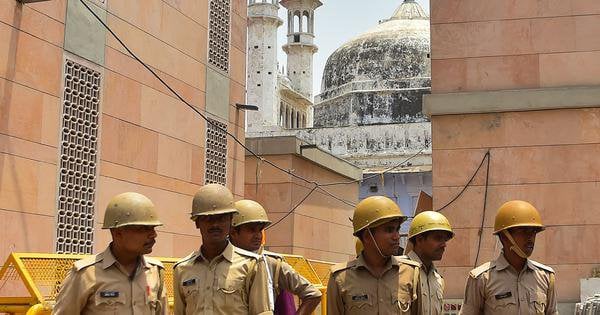
Police have filed seven FIRs in connection with the violent protests against the survey of the Shahi Jama Masjid in Sambhal, naming prominent Samajwadi Party leaders as accused. Three people were killed on Sunday, and one more person succumbed to their injuries on Monday as protesters clashed with security personnel. The district administration has imposed prohibitory orders and declared a holiday in all schools as a precautionary measure. A press conference by officials has confirmed the arrest of 25 people and efforts to identify others involved in the violence.
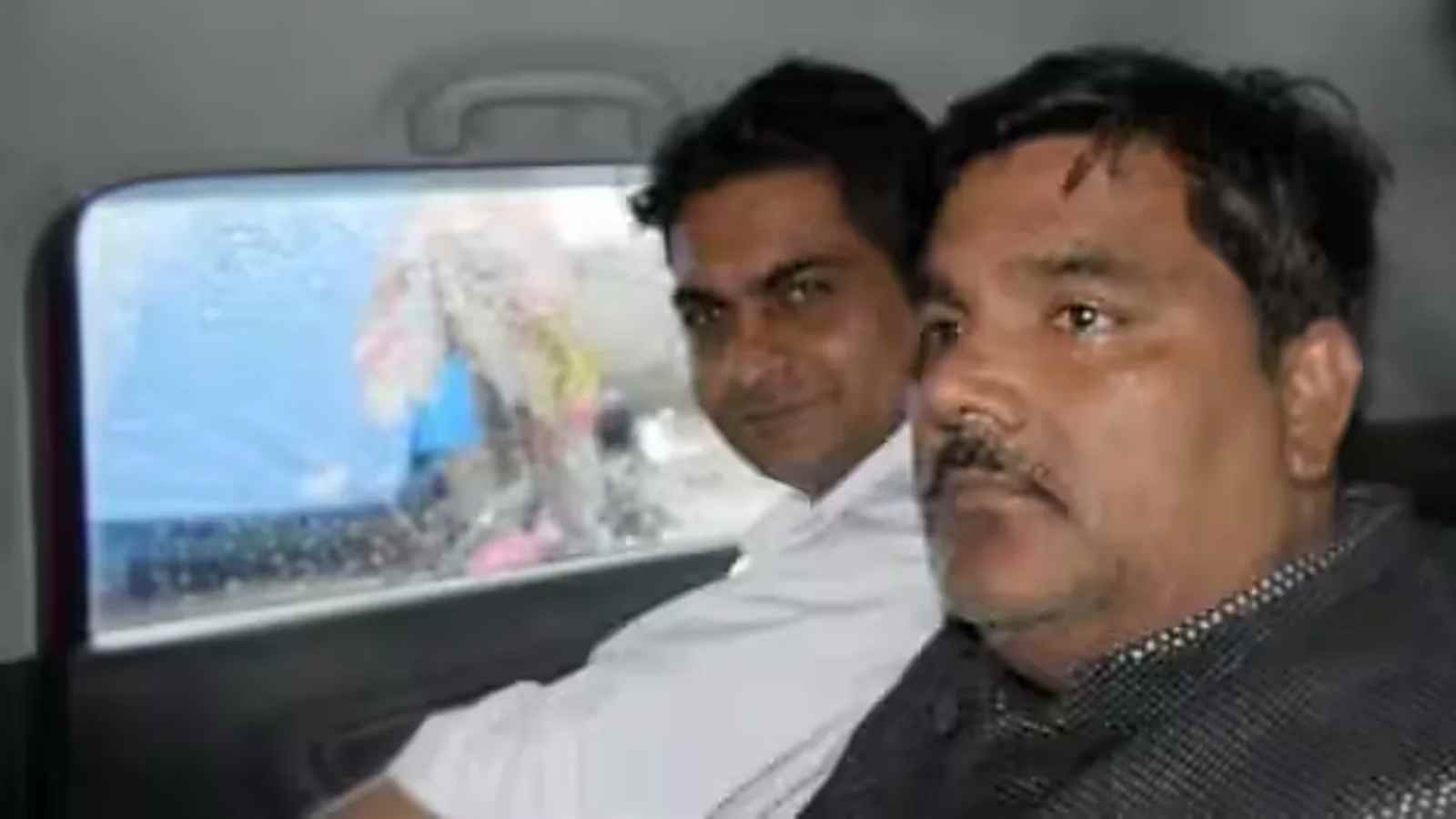
Yesterday, a Delhi court called the Special Director of Enforcement Directorate to appear in person after a counsel for the probe agency behaved offensively and disrespectfully towards the judge during a hearing for a money laundering case involving Karnataka Deputy Chief Minister DK Shivakumar. The judge felt that the agency's behavior was a threat to the court's dignity and issued a directive for appropriate action to be taken. This comes after an application was filed by an accused seeking the release of confiscated evidence. The ED, on the other hand, requested a 15-day adjournment leading the judge to record in the order about "higher-ups" exerting influence.
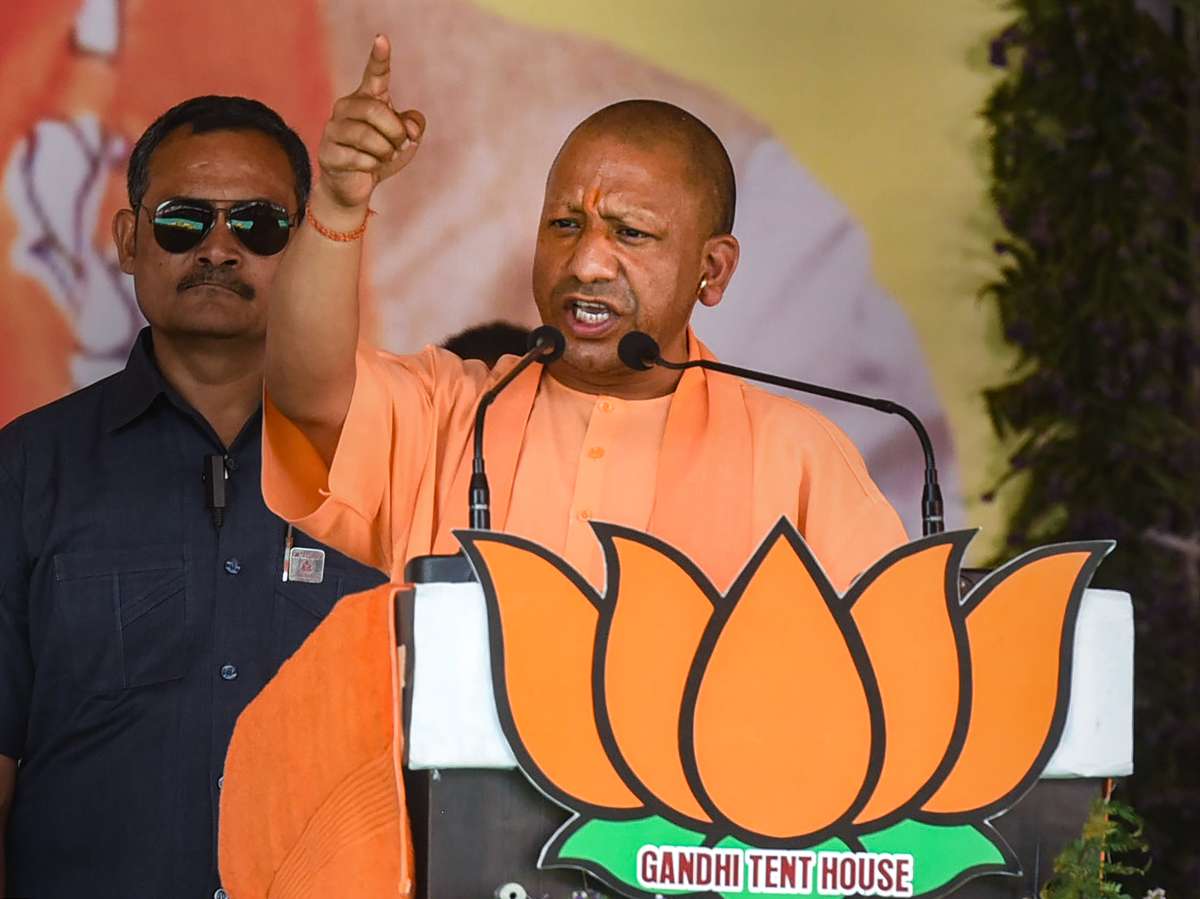
Uttar Pradesh Chief Minister Yogi Adityanath has made the decision to exempt the film 'The Sabarmati Report' from taxes in the state, joining several other BJP-ruled states in doing so. The film portrays the truth of the Sabarmati Express train burning incident in Gujarat and CM Yogi hopes more people can see it to understand the real narrative of the event. He congratulated the film's team for their efforts in exposing the truth and emphasized the need for such bold steps in exposing incidents that harm the nation and society. The screening was attended by top officials and lead actors, and the CM notably chose to sit in the last row of the multiplex during the show.
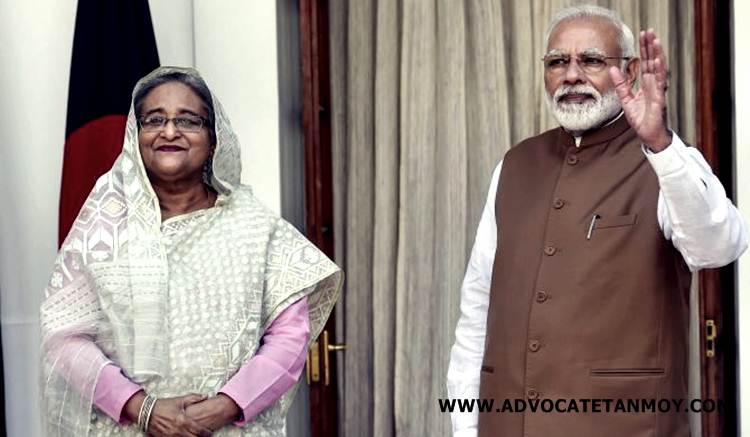
The recent announcement by Muhammad Yunus that Bangladesh's interim government will seek the extradition of former premier Sheikh Hasina from India has put the Indian government in a difficult position. With strained relations between the two countries and concerns over safety and stability, India must carefully weigh the pros and cons of complying with the request. This situation also raises questions about India's legal obligations and the potential impact on their relationship with Bangladesh's ruling parties.
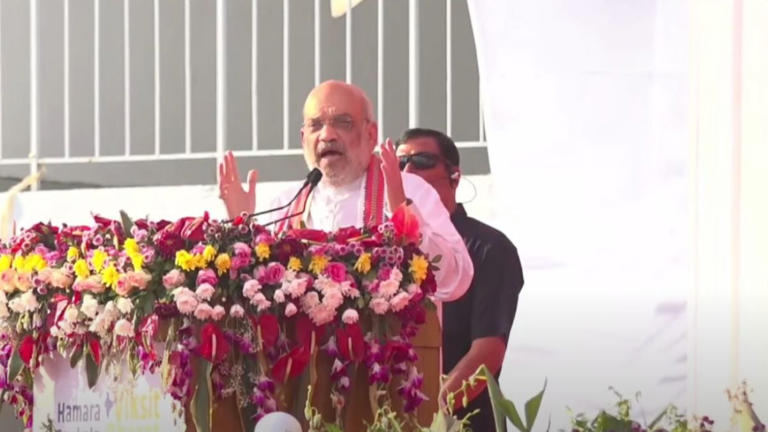
The Waqf (Amendment) Bill, which seeks to centralize government control over Waqf properties, has sparked debate and opposition from minority communities, civil society, and opposition leaders. As the Winter Session of Parliament approaches and the Joint Parliamentary Committee prepares to submit its report, all eyes are on whether TDP leader Chandrababu Naidu and JDU leader Nitish Kumar will support the government or the opposition. Amidst calls for more time for review, Union Home Minister Amit Shah has promised to pass the controversial bill, prompting further controversy and debate.